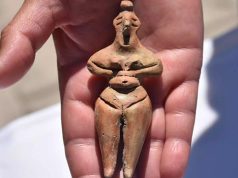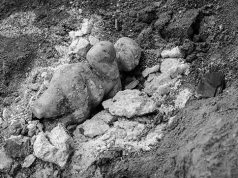
A breakthrough article entitled “Effect of Tectonic Processes on Biosphere–Geosphere Feedbacks across a Convergent Margin”, co-authored by Associate Professor Mustafa Yücel from METU Institute of Marine Sciences, has been published in Nature Geoscience, a leading journal in Earth sciences with high impact factor. All geochemical analyses of hydrothermal fluids for the research were conducted at METU Institute of Marine Sciences, Marine Ecosystem and Climate Center (DEKOSIM) laboratories, and data interpretation and integration were done by METU Institute of Marine Sciences.
The study unveils a large microbial ecosystem living deep within Earth that is fueled by chemicals produced during tectonic cataclysms such as ocean crust-continental collisions and volcanic eruptions. The research findings demonstrate that chemolithoautotrophs (organisms that use chemical redox reactions as energy and inorganic substances as a source of electrons) sequester so much carbon because of their unique diet, which allows them to make energy without sunlight. This new study, therefore, paves the way for discovering previously unknown types of biological interactions occurring with deep plate tectonic processes under ocean-continent boundaries.
The article can be accessed online at https://www.nature.com/articles/s41561-021-00725-0.







